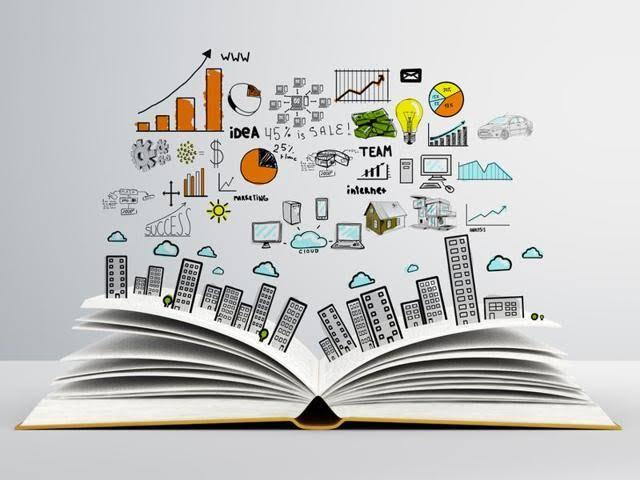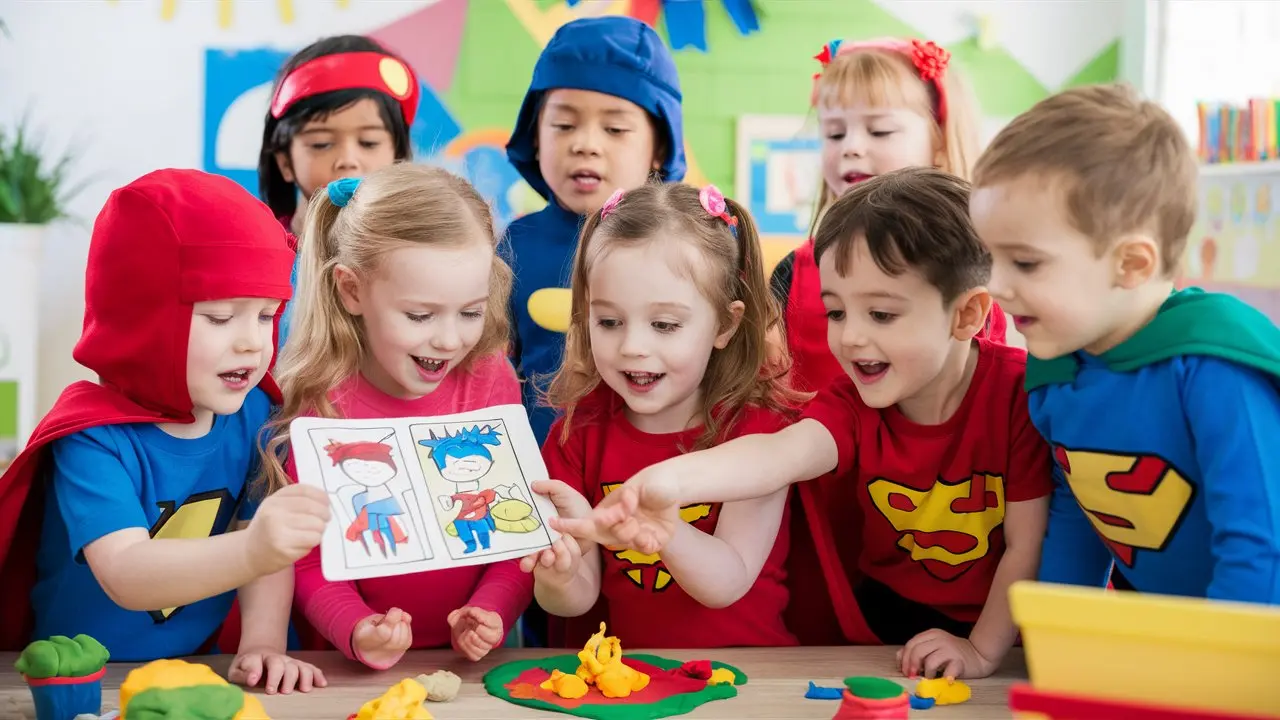Education is a fundamental pillar of personal and societal growth, playing a crucial role in shaping an individual’s future. It provides knowledge, fosters critical thinking, and enhances skills necessary for success in various aspects of life. Whether formal or informal, education equips individuals with the tools they need to navigate the complexities of the world and achieve their personal and professional goals. It is the foundation upon which careers are built, social progress is achieved, and economic stability is secured.
The Power of Knowledge
Knowledge is one of the most valuable assets an individual can possess, and education is the gateway to acquiring it. Learning about different subjects broadens one’s perspective, enabling a deeper understanding of the world. From science and technology to history and literature, education exposes individuals to diverse fields of study, enriching their intellectual capabilities. Knowledge fosters innovation, allowing people to develop solutions to real-world problems and contribute meaningfully to society.
Critical Thinking and Problem-Solving
Education nurtures critical thinking and problem-solving skills, which are essential for success in any field. A well-educated person learns to analyze situations, evaluate options, and make informed decisions. Critical thinking enables individuals to question assumptions, assess risks, and develop logical arguments. In a rapidly changing world, these skills are crucial for adapting to new challenges and overcoming obstacles that arise in both personal and professional life.
Career Advancement and Economic Stability
A successful career is often built on the foundation of education. In today’s competitive job market, employers seek individuals with specialized skills and knowledge. Higher levels of education increase job opportunities, leading to better employment prospects and higher salaries. Education empowers individuals to pursue careers in their chosen fields, achieve financial independence, and enjoy a higher standard of living. Furthermore, educated individuals contribute to economic growth by driving innovation and increasing productivity.
Social Mobility and Equal Opportunities
Education is a powerful tool for breaking the cycle of poverty and promoting social mobility. It provides individuals with the opportunity to improve their circumstances and achieve upward mobility. Access to quality education ensures that everyone, regardless of their background, has a fair chance to succeed. When societies prioritize education, they create a more equitable environment where individuals are judged based on their abilities rather than their socio-economic status.
Personal Development and Confidence
Beyond academic achievements, education plays a vital role in personal development. It fosters self-discipline, perseverance, and a sense of responsibility. An educated person gains confidence in their abilities, enabling them to communicate effectively, make informed decisions, and take on leadership roles. Education also enhances emotional intelligence, helping individuals navigate relationships, manage stress, and maintain a positive outlook on life.
Contribution to Society
Educated individuals are more likely to engage in civic activities and contribute to the betterment of society. They understand the importance of laws, governance, and community development, leading to active participation in democratic processes. Education also promotes ethical values, social responsibility, and cultural awareness, fostering a sense of unity and cooperation among diverse groups. By investing in education, societies can create informed citizens who work towards social progress and global development.
Health and Well-being
Education significantly impacts health and well-being by promoting awareness of hygiene, nutrition, and disease prevention. Educated individuals are more likely to adopt healthy lifestyles, make informed medical decisions, and access healthcare services. They understand the importance of physical and mental health, leading to longer life expectancy and improved quality of life. Moreover, education helps combat misinformation, enabling people to make choices that benefit both themselves and their communities.
Technological Advancement and Innovation
In the modern world, technological advancements drive economic and social progress. Education plays a crucial role in preparing individuals for the ever-evolving technological landscape. A strong foundation in science, mathematics, and digital literacy enables people to contribute to technological innovation and adapt to new developments. Countries that invest in education produce skilled professionals who lead advancements in medicine, engineering, information technology, and other critical fields.
Lifelong Learning and Adaptability
Education is not confined to formal schooling; it is a lifelong process. The ability to learn continuously is essential for staying relevant in a fast-changing world. Whether through professional development, online courses, or self-study, continuous learning helps individuals adapt to new career demands and personal interests. Lifelong education fosters curiosity, creativity, and resilience, ensuring that individuals remain competitive and fulfilled throughout their lives.
Conclusion
Education is the cornerstone of a successful and fulfilling life. It empowers individuals with knowledge, critical thinking skills, and the ability to make informed decisions. Education paves the way for career success, economic stability, and social mobility while fostering personal growth and confidence. Furthermore, it contributes to societal progress by promoting civic engagement, health awareness, and technological advancements. In an increasingly interconnected world, education remains the key to unlocking opportunities and building a brighter future for individuals and societies alike. Therefore, investing in education is not just a personal choice but a collective responsibility that benefits everyone.






